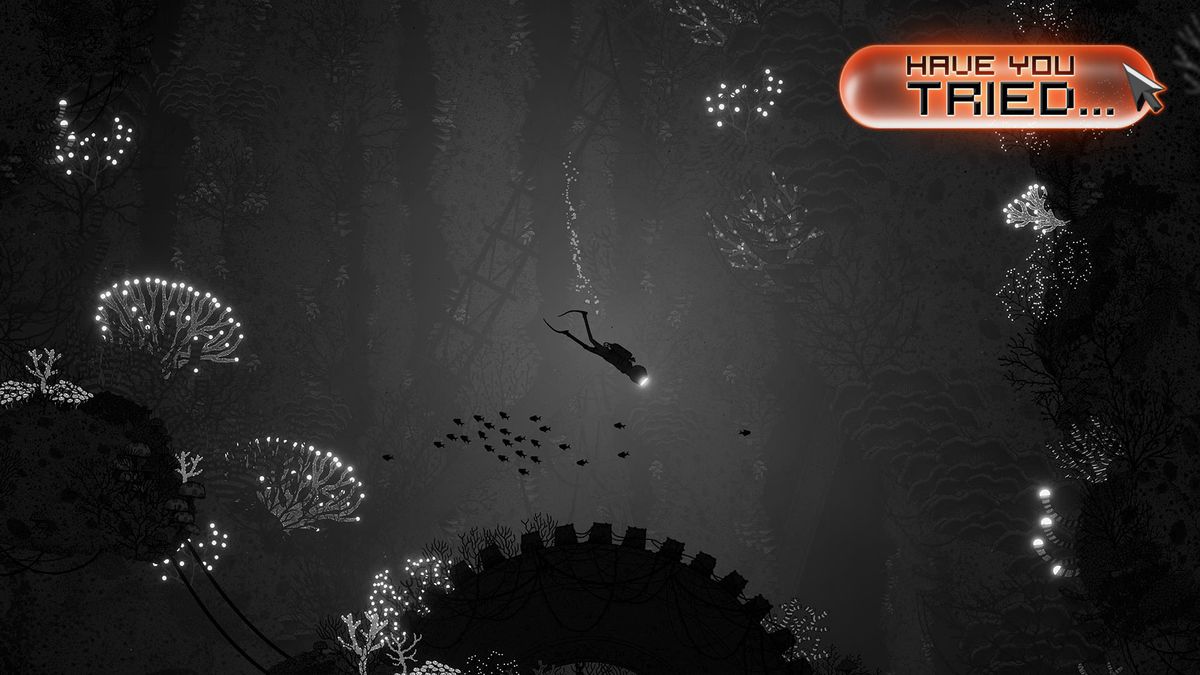As a genre that’s as old as celluloid itself the crime flick casts a wide net. It’s not just your career gangsters and world-weary detectives who populate our selection, seductive femme fatales and even scrappy high-schoolers appear in everything from small-time heists to grand organised schemes. So what are you waiting for? Read on for our rundown of the greatest crime movies ever made.
40. Henry: Portrait of a Serial Killer (1986)

John McNaughton’s serial killer drama opens on a montage of corpses. Victims brutalised in their final moments a skilful and shocking take on character insight, signalling the depravity of the psychopath at its gruesome centre.
The film was shot in 1986 and only released in 1990 after much fanfare surrounding its content and depiction of true events. It’s a gut-wrenching document loosely based on the heinous killing spree of Henry Lee Lucas and Ottis Toole, with Michael Rooker’s unsettling stoic performance as Henry what really sells the horror. He justifies his torturous desires through a half-baked sense of entitlement (“It’s us or them” he tells Otis), a horrible mindset that we’re never truly free from until the credits roll.
39. The Onion Field (1979)

What starts out as a boilerplate crime movie premise – a kidnapping – quickly deviates into a far more intriguing rumination on the justice system.
It begins when a pair of criminals kidnap two Hollywood detectives, bundle them into a car and drive them out to an onion field in Bakersfield. Detective Karl Hettinger (John Savage) survives the incident while his partner Ian Campbell is shot by Gregory Powell (a live-wire ball of energy James Woods) and Jimmy Smith (Franklyn Seales).
Interestingly, director Harold Becker treats Joseph Wambaugh’s script (who based the screenplay on his true crime novel) with an unflinching eye, leaning on the violence and LAPD lifestyle to throw doubt on who’s got it worse: the crook or the cop. It’s Hettinger’s life sentence, a man haunted by the thought that he could have done more to save his partner, that truly stirs the plot.
38. The Departed (2006)

Remaking a modern classic is tough. Scorsese’s stab at tweaking the Hong Kong thriller Infernal Affairs for American audiences ranks as perhaps the best attempt, bringing together a stellar A-list ensemble to unravel this complex tapestry of deceit.
Scorsese’s meticulous shooting style – the corridor phone call scene in Taxi Driver one such example – is eschewed in favour of a more traditional form of storytelling. There’s no need for fancy flair with a conceit this compelling. As crime movies go, it’s the oldest one in the book: corruption.
Played out with a simultaneous double cross that finds Leonardo DiCaprio’s cop undercover with the mob, and Matt Damon’s gangster infiltrating the NYPD. It’s a joy to watch this house of cards get built – and even more of a rush to see it crumbling down on all of the many players involved. No wonder Scorsese bagged the Oscar.
37. In The Heat Of The Night (1967)

The mismatched duo of Sidney Poitier as Philadelphia cop Virgil Tibbs and Rod Steiger’s local hillbilly sheriff Bob Gillespie flung together to investigate a murder made this 1967 film something of a pioneer. A civil rights morality tale wrapped around a gritty crime plot.
Norman Jewison’s racial drama was released at the height of the Civil Rights Movement, and as such, core elements of its production were affected by the budding real-life tensions across America. Poitier was under protection for most of the shoot.
A begrudging respect forms between the upstanding Tibbs and gum-chewin’ Gillespie, despite the escalating racial hatred that the residents of Sparta refuse to restrain. Particularly the plantation owner, who slaps Tibbs – a police officer – in broad daylight. It was Tibbs’ response that saw audiences punch the air, when he slaps him right back. Gripping stuff.
36. Donnie Brasco (1997)

Al Pacino’s hoarse over-the-top shouting schtick is never better than when he’s enveloped in the role of Lefty Ruggiero, based on the real-life mobster whose inadvertent brush with the FBI inspired Mike Newell’s 1997 film.
Tom Cruise was initially cast as FBI agent Joseph Pistone, a role that later went to Johnny Depp. A good thing too, as Depp delivered one of his finest turns as the undercover agent who infiltrates the Bonnano crime family, only to later realise he’s in too deep when his loyalties are torn between saving his own hide and his mentor Ruggiero. If it weren’t for him, he’d have trouble with the wiseguy lingo, after all.
It’s considered to be one of the most realistic mafioso movies by the very gangsters whose lives it depicts.
35. Zero Effect (1998)

A reclusive private eye barely touches the extent of Jake Kasdan’s wonderfully quirky Sherlock Holmes-in-L.A. flick.
Bill Pullman stars as an idiot savant type called Daryl Zero. An investigator with a drug habit who prefers his own company, he hires Ben Stiller’s Steve Arlo to adopt the public face of his enterprise.
Thought to be loosely based on one of Arthur Conan Doyle’s short stories, the film delves into Zero’s manic persona as a way to explore how a genius mind can operate within the fast-paced world of Los Angeles. While Zero’s plan is to remain a hermit, it’s only when a case threatens his safety that he steps out of his comfort zone. It’s a brilliantly-played piece of noir comedy that’s deserving of its cult classic status.
34. The Untouchables (1990)

Brian De Palma’s classic crime tale is testament to the director’s impeccable eye for character and detail. Penned by David Mamet and starring a host of Hollywood’s A-list heavyweights, the real-life Chicago story set during Prohibition follows the efforts of Eliot Ness as he and three comrades vow to flush out kingpin Al Capone. And it still packs a punch today.
Kevin Costner’s Treasury Agent is one of his strongest performances to date, yet his onscreen persona was no match for co-star Sean Connery who snagged the Best Supporting Actor Oscar that year as beat cop Jim Malone.
Worth revisiting for a series of beautifully-realised action sequences, it’s still Robert De Niro’s zealous depiction of Capone that’s the true highlight.
33. Murder, My Sweet (1944)

Dick Powell’s career underwent a 180 when he took on the role of Philip Marlowe. A classic Raymond Chandler creation, the private eye’s daredevilish persona was a major departure for an actor who up until that point had played buffoons. He was now in the big leagues.
A staple of the gumshoe genre Murder, My Sweet (known as Farewell My Lovely in the UK) was the first time Marlowe was ever depicted onscreen. His entrance – an slightly tongue-in-cheek foray, as he appears in a cloud of smoke – the stuff of literary gold. Beginning at the end and spilling the story through the now-overused flashback device, it pulls off the first-person narrative and chewy dialogue far better than its countless copycats.
32. Monster (2003)

Charlize Theron scored a much-deserved Best Actress Oscar for her transformative turn as serial killer Aileen Wuornos. Her sorrowful and alarming portrait of the Floridian prostitute-turned-murderer is down to more than just prosthetics and weight gain. Thanks to the stewardship of director Patty Jenkins, Theron manages to wrangle a great deal of conflict from a convicted multiple murderer.
In turn, it’s sometimes hard to watch as she too is the victim of a broken society. One that nurtures the wickedness in people and judges them in the aftermath. A gripping mediation on justice in all of its unpleasant – if utterly compelling – forms.
Current page:
Page 1
 Game News Video Games Reviews & News
Game News Video Games Reviews & News


